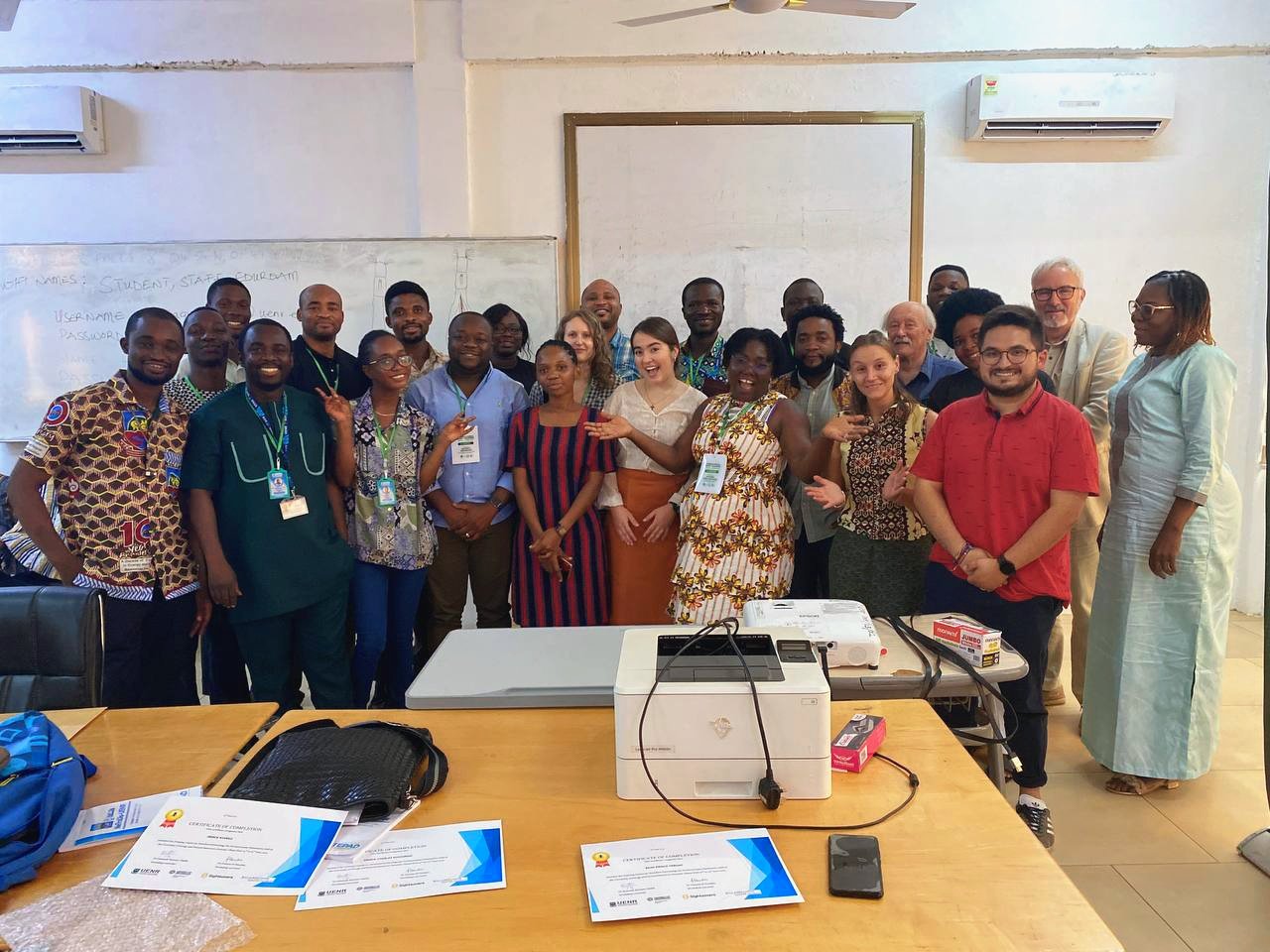
Cryptosporidium parvum is a protozoan parasite known to cause gastrointestinal illness in humans and animals worldwide. It is commonly transmitted through the ingestion of contaminated water or food, with agricultural practices, particularly the use of wastewater for irrigation, posing a potential risk for dissemination.
In many urban and peri-urban settings, including Sunyani in Ghana, wastewater is frequently utilized for irrigation due to water scarcity and agricultural demands. However, this practice can introduce various pathogens, including Cryptosporidium parvum, into the food chain, leading to potential public health concerns.
Berlin Top, a peri-urban area in Sunyani, is known for its agricultural activities, particularly lettuce farming. Lettuce, often consumed raw, presents a significant risk for transmitting Cryptosporidium parvum if grown in contaminated environments. Therefore, assessing the prevalence of this parasite on lettuce farms at Berlin Top is essential for understanding the potential risks associated with consuming locally produced vegetables.
Studies have shown that Cryptosporidium parvum oocysts can persist in the environment, including water sources and soil, for extended periods, making them resilient to traditional water treatment methods and posing challenges for disease control and prevention.
Given the importance of understanding the prevalence of Cryptosporidium parvum in agricultural settings and its potential implications for public health, this study aims to determine the presence of Cryptosporidium parvum oocysts in wastewater used for irrigation in Berlin Top and assess its prevalence on lettuce farms in the area. By doing so, the study seeks to provide valuable insights into the contamination levels of agricultural produce and inform strategies for mitigating the risks associated with Cryptosporidium parvum transmission through irrigation practices in Sunyani and similar settings.
Understanding the dynamics of Cryptosporidium parvum contamination in wastewater and its transmission to agricultural crops is crucial for developing targeted interventions to ensure food safety and protect public health in peri-urban areas reliant on wastewater irrigation for agricultural production. This study aims to contribute to filling this knowledge gap and provide evidence-based recommendations for improving agricultural practices and reducing the risk of Cryptosporidium parvum transmission through contaminated irrigation water.






















